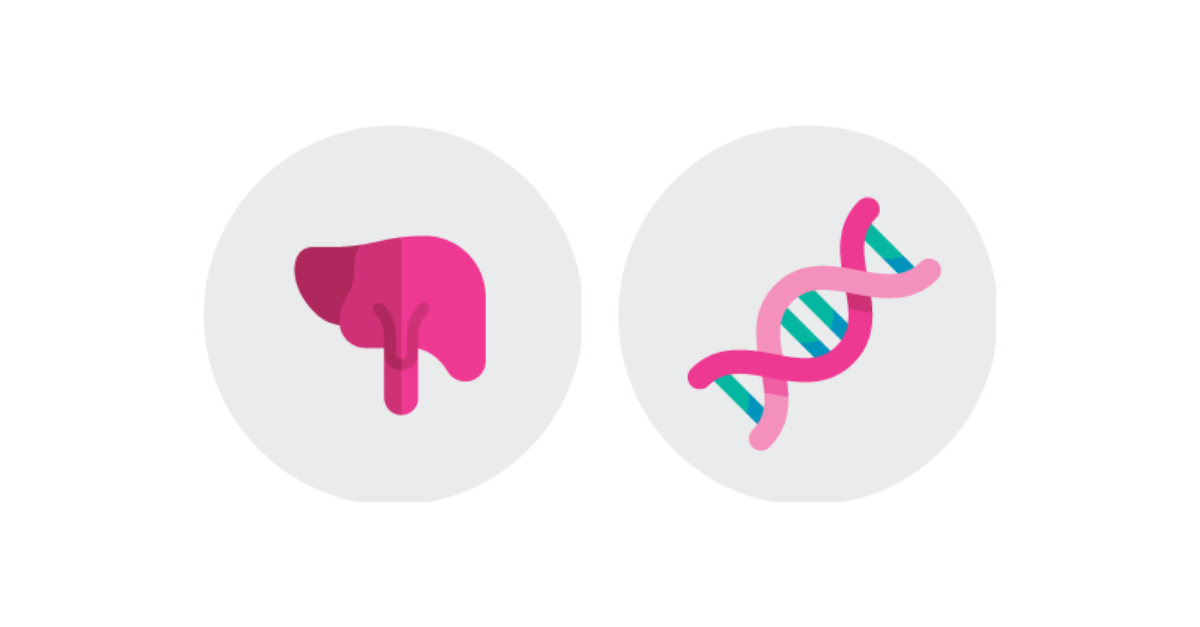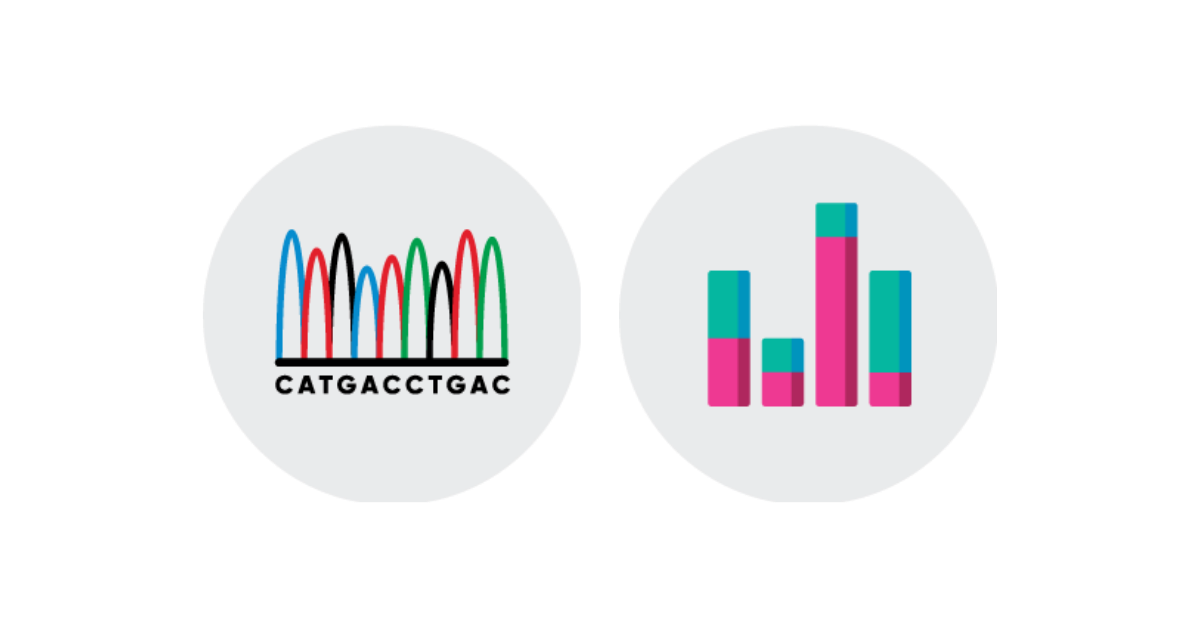Assess your compound ADME and safety profile
Human liver organoids model drug induced liver injury (DILI) and drug metabolism
Can you predict your compound hepatotoxicity?
Discover how HUB Organoids™ help derisk preclinical drug development programs
With one in three market withdrawals due to hepatotoxicity issues, advanced preclinical models that can effectively predict DILI are sorely needed.
HUB Organoids are a clinically-relevant, patient-derived system for the preclinical investigation of drug safety and toxicity, that can help you reduce the chance of failure at a later stage in drug discovery and development.
HUB Organoids benefits include:
- More accurate predictivity of hepatotoxic effects compared to traditional in vitro or in vivo models
- Physiological relevance thanks to specific culturing conditions allowing their development from liver stem cells which differentiate into mature hepatocytes
- Disease-specificity thanks to being derived directly from patient liver tissue
- Robust expansion capability for large scale screens
Book a consultation
Discover More:

Key applications
Our liver organoid biobank can be used to investigate the following conditions and genetic disorders:
- Drug induced liver injury (DILI)
- Alpha-1 antitrypsin
- Crigler Najjar disease
- Wilson's disease

Choose your study endpoint
Validated study endpoints include:
- Gene expression analysis
- P450 cytochrome activity assay
- Drug IC50
- Histology evaluation
- LC-MS metabolic assay
